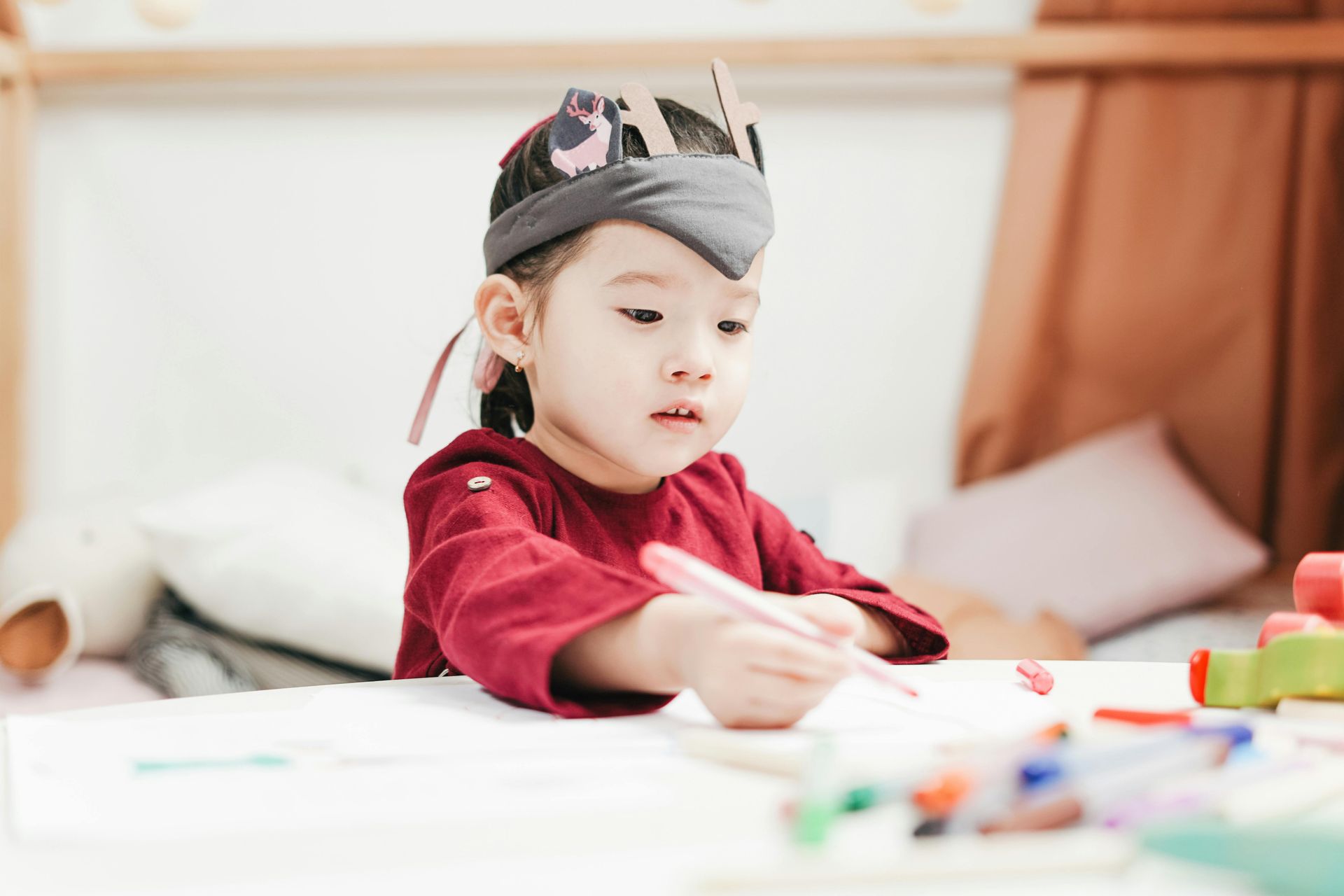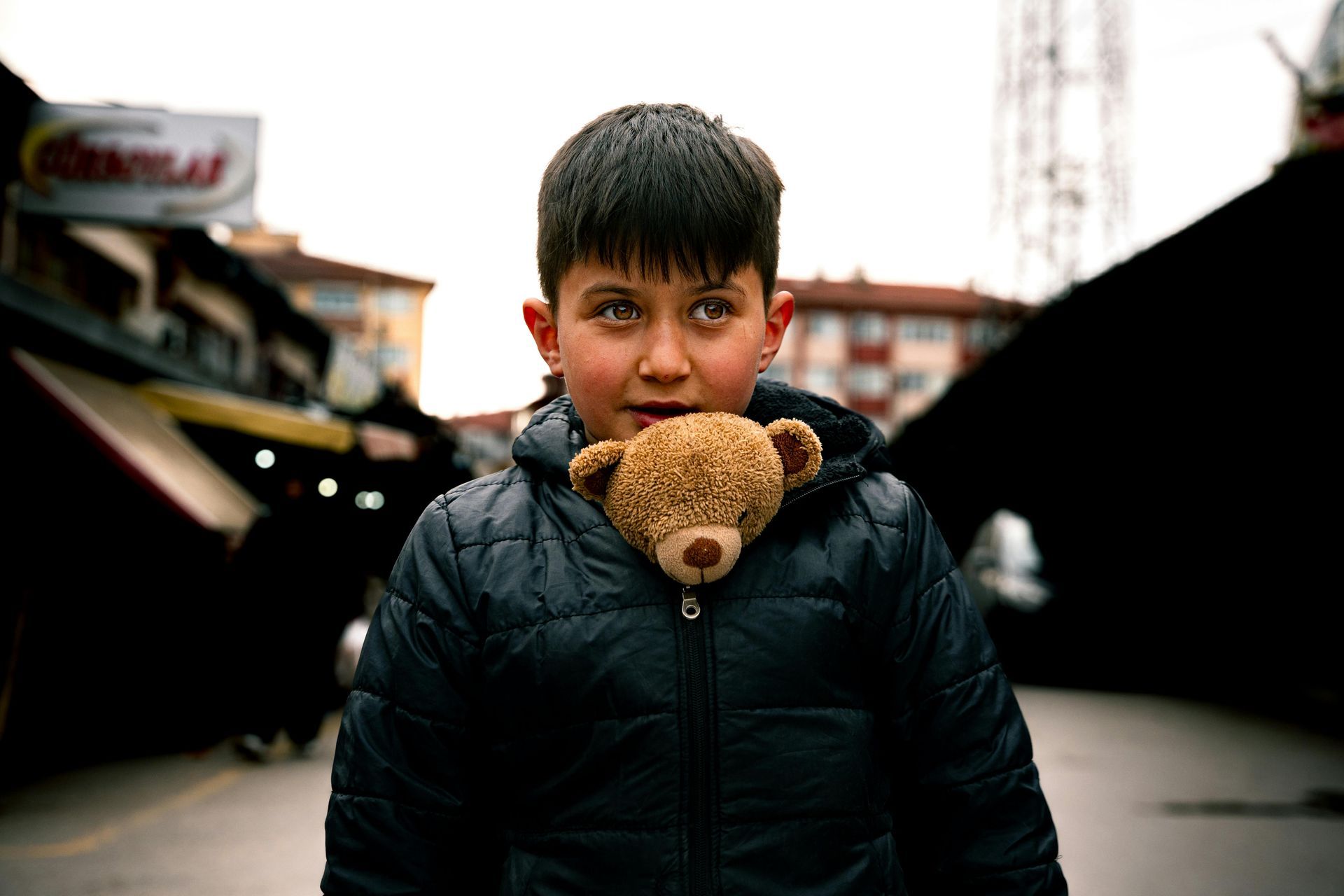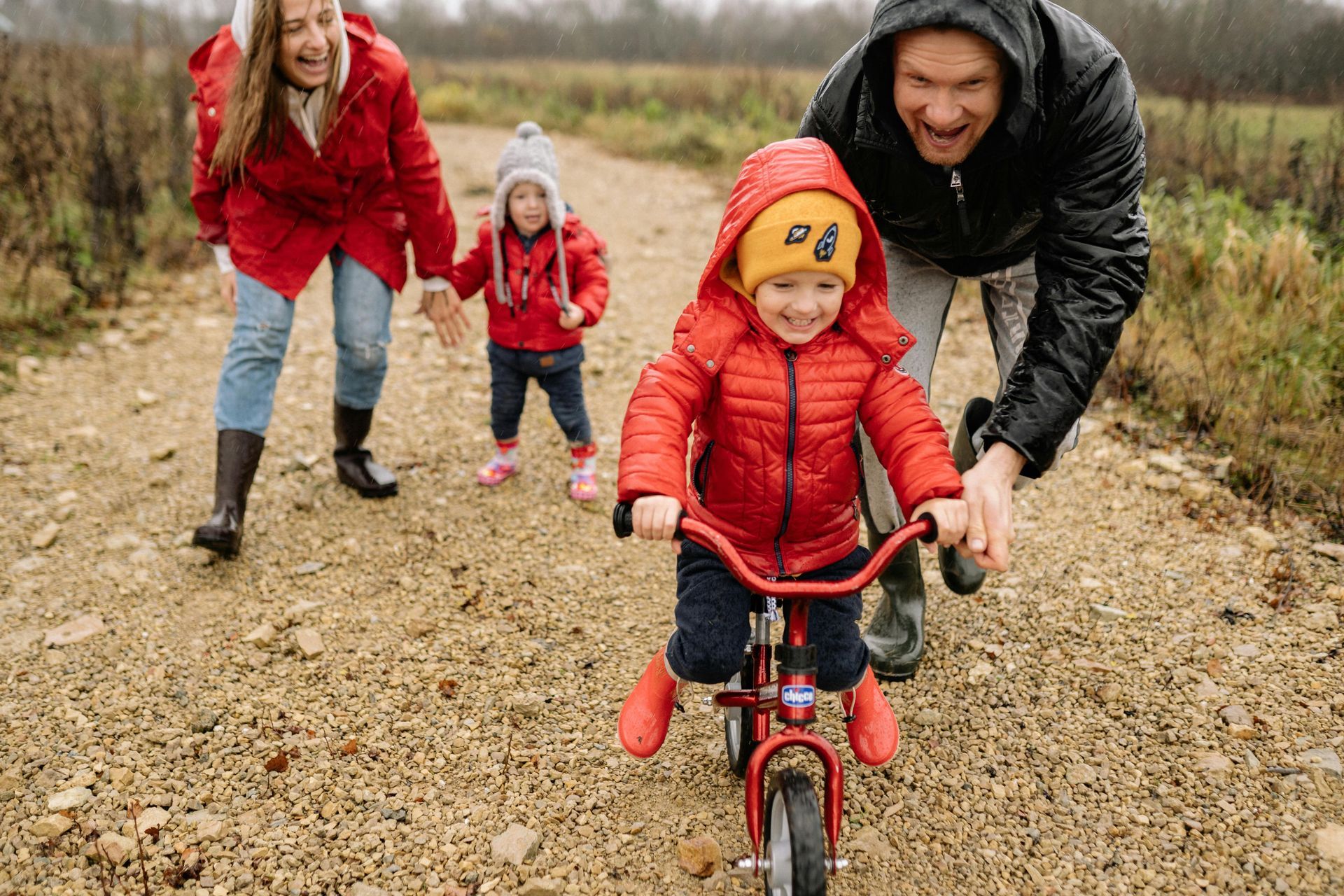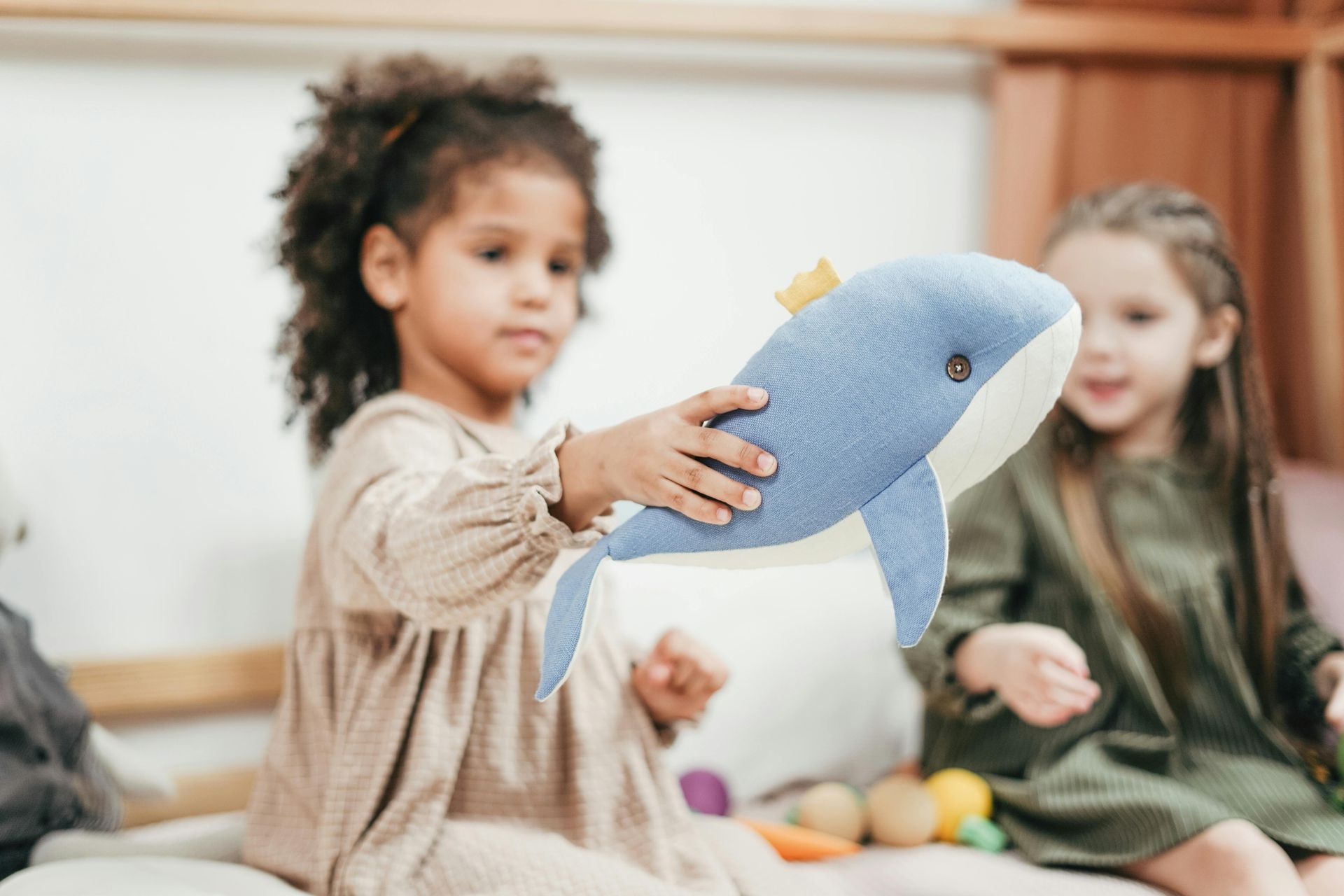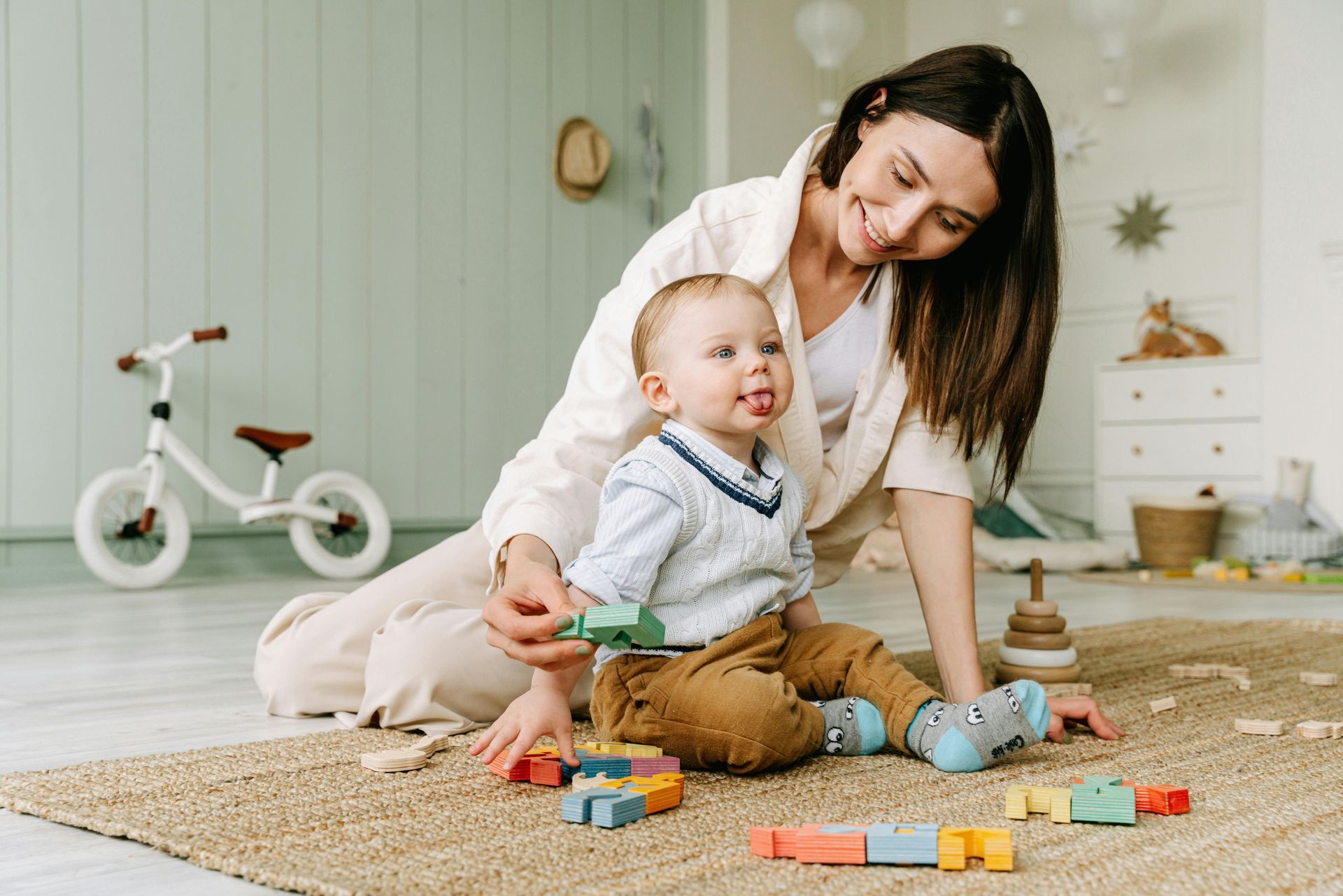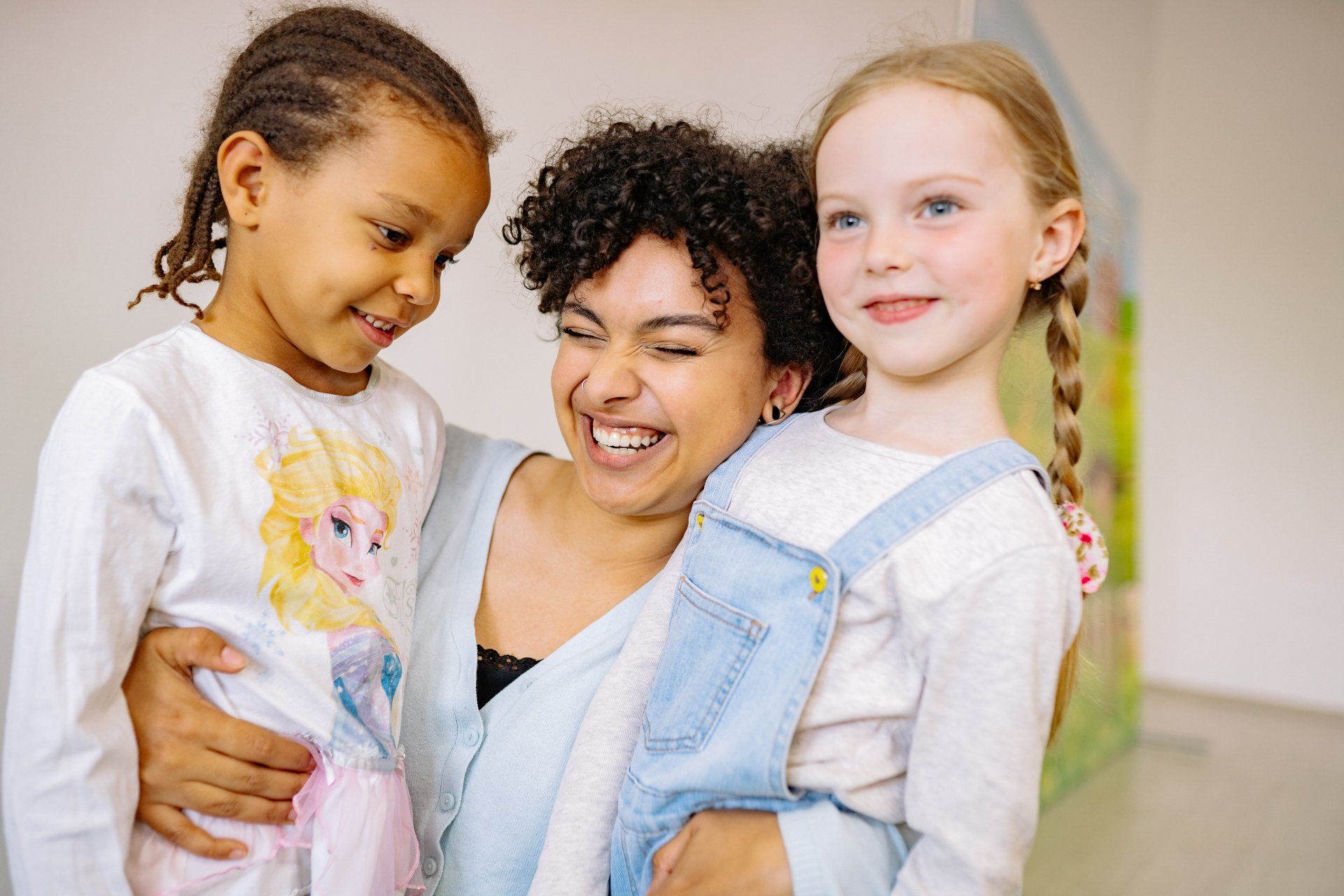Outside the Walls: How Nature-Based Learning Sparks Growth at Welbourne Avenue Nursery
In today’s fast-paced, screen-filled world, the simple act of stepping outside can feel like a breath of fresh air — especially for young children. At Welbourne Avenue Nursery, we believe that nature isn’t just a backdrop to learning — it’s a teacher in its own right. That’s why we intentionally weave nature-based play into our daily rhythm, helping children connect with the world around them while building essential skills.
The Power of Outdoor Exploration
Children are naturally drawn to the outdoors. Whether it’s picking up sticks, chasing butterflies, or digging in the dirt, outdoor play taps into their innate curiosity and creativity. But nature play does more than just entertain — it develops the senses, strengthens the body, and calms the mind.
When children spend time outside, they become more observant. They learn to listen to the wind, feel the change in seasons, and notice the tiny details in the world around them. This attentiveness translates into greater focus and patience in the classroom, too.
Building Confidence Through Risk and Discovery
Outdoor environments offer opportunities for healthy risk-taking — climbing a log, balancing on a rock, or building a shelter with friends. These experiences help children test their limits, make decisions, and problem-solve in real time.
At Welbourne, we provide safe, supervised opportunities for children to engage with nature in meaningful ways. Our teachers step back to let children lead, while staying nearby to offer guidance and support. This balance allows children to build both independence and trust.
Physical Development in Natural Spaces
Nature-based play supports gross motor development in ways that indoor settings often can’t. Uneven terrain, slopes, and varied textures challenge muscles, improve coordination, and enhance spatial awareness.
Whether it’s running through grass, jumping over puddles, or climbing tree stumps, outdoor play gets children moving in ways that are joyful and developmentally essential.
Cognitive Growth Through Sensory Experience
The outdoors is rich with sensory input — the smell of rain, the sound of birds, the feel of dirt between fingers. These experiences activate multiple areas of the brain, laying the groundwork for complex thinking and language development.
When children describe what they see, hear, or feel, they build vocabulary. When they sort leaves by color or notice patterns in nature, they’re engaging in early science and math.
Stewardship and Connection to the Earth
By regularly engaging with the natural world, children begin to see themselves as part of it — not separate from it. They learn to care for living things, protect habitats, and respect the cycles of nature.
Whether we’re planting seeds, releasing ladybugs, or cleaning up our play yard, we invite children to take an active role in caring for the earth. These small acts build a foundation of environmental responsibility that lasts a lifetime.
Weather Is a Learning Opportunity
At Welbourne, we don’t wait for the “perfect” weather to go outside. We embrace all types of weather as learning opportunities — with proper gear, of course. Rainy days become sensory adventures. Windy days become science lessons. Chilly mornings become invitations to bundle up and move our bodies.
Children quickly learn that there’s no such thing as bad weather — only different kinds of weather, each with its own magic.
Nature in the Classroom
Our connection to nature doesn’t stop at the door. We bring natural materials into our classroom environments — sticks, stones, shells, pinecones, and more — and use them as open-ended tools for play and learning. We decorate with plants, display seasonal treasures, and change our classroom themes to reflect the rhythm of the year.
This integration helps children make connections between the indoor and outdoor world — reinforcing learning and deepening their sense of place.
